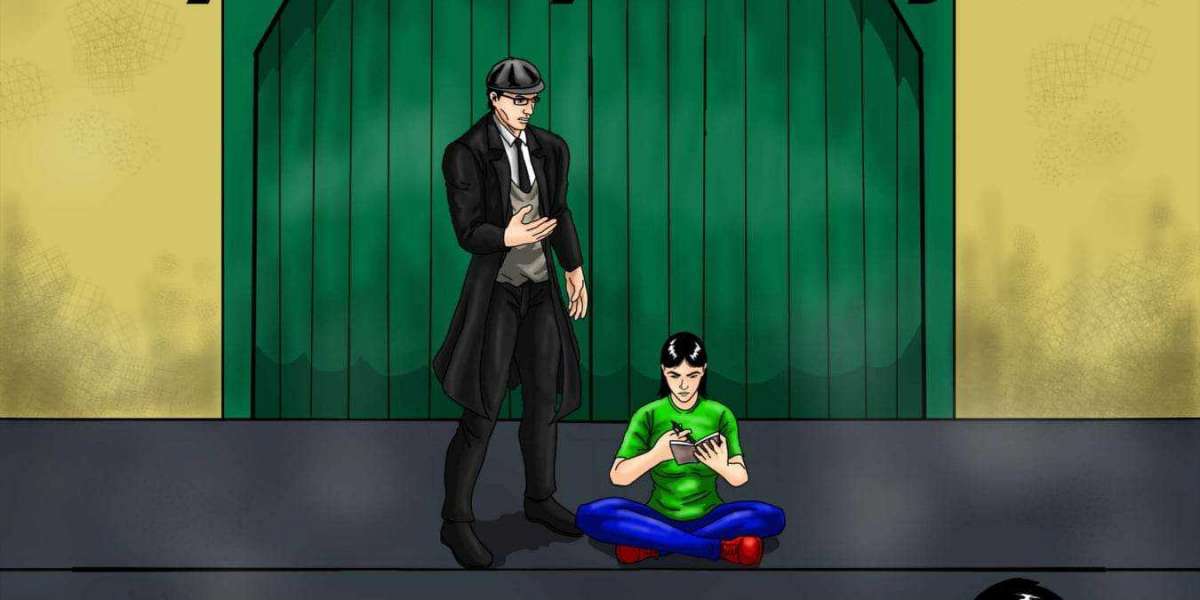In the realm of academia, the evaluation of writers' work is an indispensable skill for both students and professionals alike. A thorough review of writers' work not only enhances critical thinking but also contributes to the advancement of scholarly discourse. This article elucidates the key aspects and significance of conducting a comprehensive review of writers' work.
Understanding the Review
Process A review of writers' work involves the critical analysis of written materials, ranging from research papers to essays, articles, and even creative compositions. It encompasses an objective assessment of various elements, including content accuracy, coherence, style, structure, and adherence to the designated format. The primary objective is to provide constructive feedback that facilitates improvement and upholds the quality of the written piece.
Significance in the Academic
Landscape Conducting a review of writers' work serves as a cornerstone of academic progress. For students, it hones their ability to analyze and synthesize information effectively. It fosters the development of discerning judgment and encourages a deeper engagement with the subject matter. Furthermore, peer reviews foster a collaborative learning environment, where students learn from their peers and broaden their perspectives.
Key Steps in the Review Process
Initial Assessment: Begin by reading the work thoroughly to grasp its scope and intent. Consider the target audience and the writer's objectives.
Content Analysis: Evaluate the accuracy and relevance of the information presented. Check for consistency in arguments, data interpretation, and the integration of relevant sources.
Structural Evaluation: Assess the overall organization of the work. Ensure that it follows a logical sequence with clear transitions between sections.
Style and Language: Analyze the writer's use of language. Is it clear, concise, and appropriate for the intended audience? Look for any grammatical errors or inconsistencies.
Citation and Referencing: Verify the accuracy of citations and references. Ensure that proper citation styles are adhered to and that all sources are appropriately credited.
Critical Analysis: Engage in a thoughtful critique of the work. Highlight strengths and weaknesses while providing constructive suggestions for improvement.
Coherence and Flow: Examine the flow of ideas within the work. Does it maintain a coherent narrative, guiding the reader seamlessly through the content?
Formatting and Presentation: Evaluate whether the work adheres to the prescribed formatting guidelines, including font size, spacing, margins, and any other specific requirements.
Ethical Considerations
Maintain objectivity and professionalism throughout the review process. Constructive criticism should be focused on the work itself, rather than on the writer's personal attributes. Uphold the principles of academic integrity by acknowledging sources and providing honest feedback.
The review of writers' work is a fundamental practice that contributes to the enhancement of academic rigor and discourse. For students, it fosters critical thinking, analytical skills, and collaboration. By meticulously evaluating various facets of a written piece, reviewers play a pivotal role in shaping the quality and impact of academic and literary works. Aspiring scholars and writers alike can benefit immensely from mastering the art of comprehensive work reviews.
https://bestpaperwritingservicereviews.com/reviews/writersperhour-review








